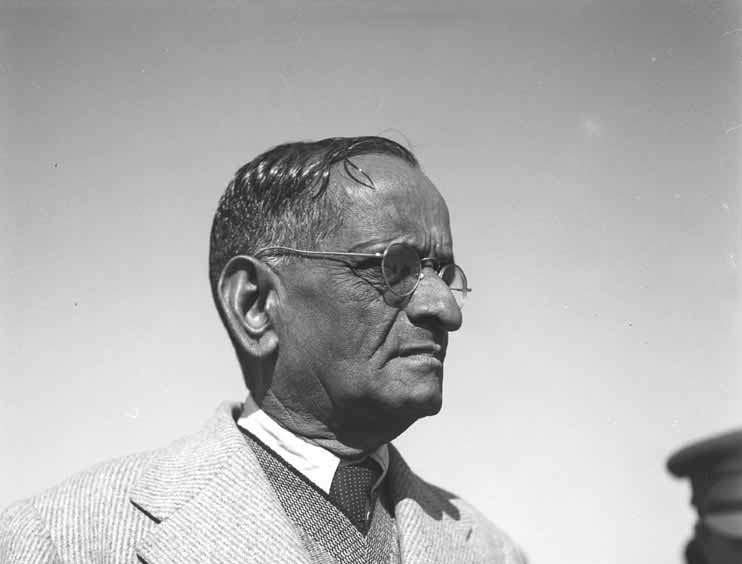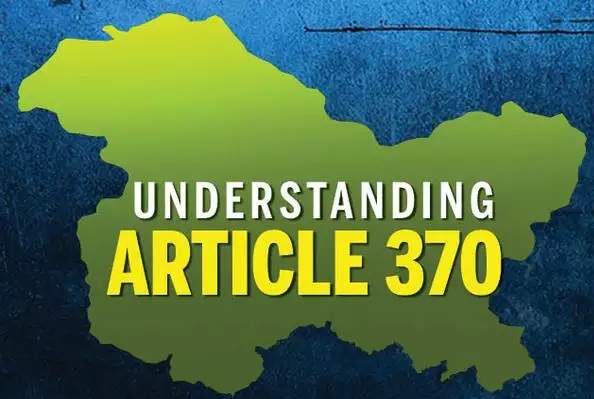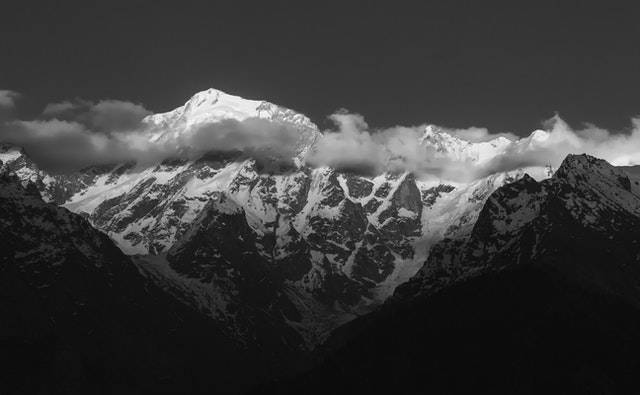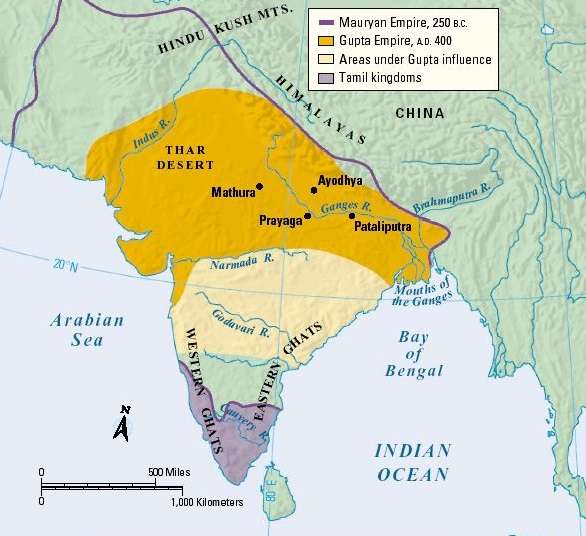Jammu and Kashmir was given special status under Article 370 of the Indian Constitution. It was created in 1949 by N.Gopalaswami Iyengar, a member of the Indian Constituent Assembly, as a ‘temporary measure‘.
This constitutional provision was inspired by the Instrument of Accession signed by Hari Singh, the ruler of Jammu and Kashmir, after the invasion of Pakistan in 1947.

The state of Jammu and Kashmir enjoyed unusual benefits under Article 370, including the right to establish its own constitution and flag, as well as autonomy in most subjects with exceptions in defence, foreign affairs and communications.
However, in 2019, Parliament, through a Presidential order, renamed the ‘Constituent Assembly of Jammu and Kashmir‘ as the ‘Legislative Assembly of Jammu and Kashmir‘ and assumed the powers of the Assembly. As a result, Article 370 was abrogated, the powers of the Legislative Assembly were transferred to the Central Government and the constitutional landscape of Jammu and Kashmir was changed.
Article Powered by TOPICFLIX

About the Author
Ankita is a German scholar and loves to write. Users can follow Ankita on Instagram 
When is a Nuclear Reactor called Critical?
When Nuclear fuel sustains the fission chain reaction inside a nuclear reactor, the reactor is…
हिमालय (Himalaya) [UPSC GS]
हिमालय (Himalaya), जो आज दुनिया में सबसे ऊंचा, सबसे नवीन और अन्तर्महाद्वीपीय पर्वत श्रृंखला है,…
क्या पंजीकृत विक्रय विलेख (Registered sale deed) भूमि का स्वामित्व सिद्ध करता है?
यह सवाल हमेशा उठता है कि क्या पंजीकृत बिक्री विलेख (registered sale deed) भूमि पर…
व्यपगत का सिद्धांत (Doctrine of lapse)
व्यपगत के सिद्धांत (Doctrine of Lapse) को शांतिपूर्ण विलय (Annexations of Peace) भी बोलते है।…
फ़्रांसिसी क्रांति और नेपोलियन का इटली के एकीकरण पर प्रभाव
फ्रांसीसी क्रांति तथा नेपोलियन ने इटली पर अनेक महत्वपूर्ण प्रभाव छोड़ें। नेपोलियन ने इटली को…
कौटिल्य के सप्तांग राज्य की अवधारणा
प्राचीन भारतीय राजनीति शास्त्र में राज्य को उपमा के तौर पर एक ऐसा प्राणी या…






